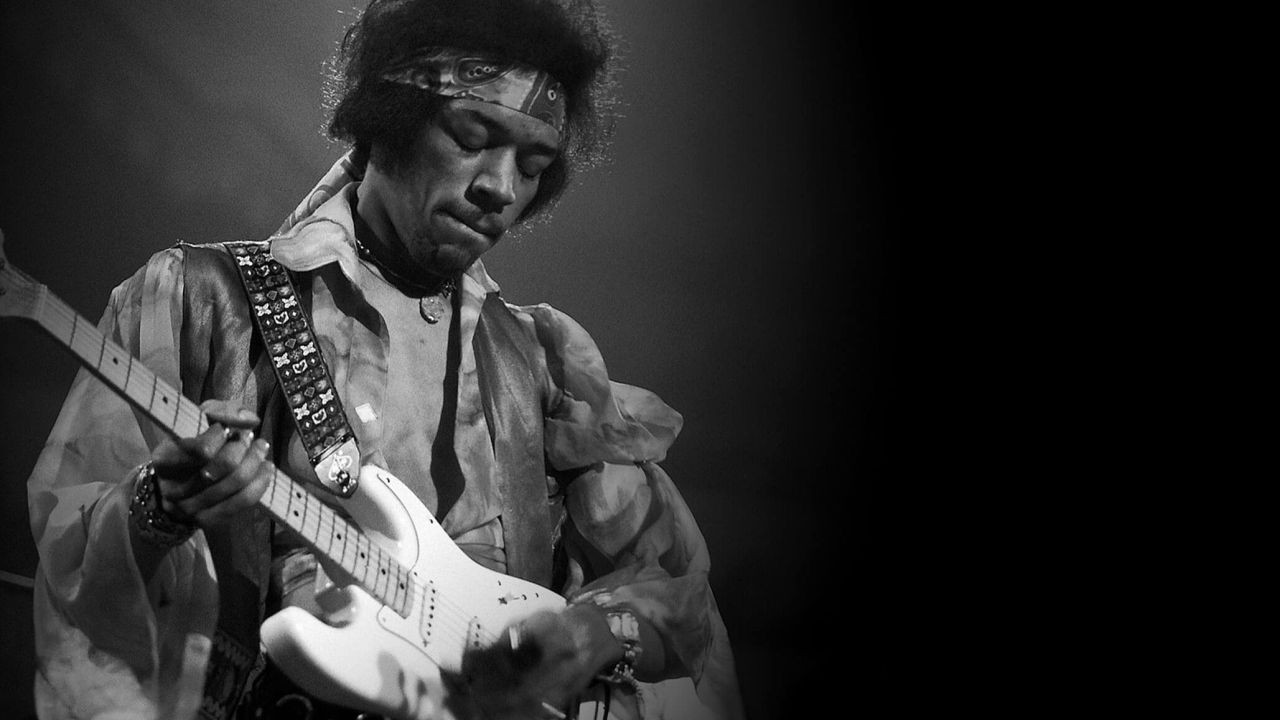Social media has become an inextricable part of modern life, impacting everything from personal interactions to business operations. In New Zealand, early social media platforms have played a pivotal role in shaping the nation’s digital culture, influencing both consumer behavior and business strategies. Understanding this evolution is crucial for tax specialists and business advisors who need to interpret the financial implications of these trends on local enterprises.
The Transformation of New Zealand’s Digital Landscape
New Zealand's journey into the digital realm began with platforms like Bebo, MySpace, and Facebook, which introduced Kiwis to a new mode of interaction and information consumption. These platforms not only transformed how individuals connect but also how businesses engage with customers. According to Stats NZ, internet usage in New Zealand increased by over 70% between 2006 and 2016, largely due to the rise of social media. This shift has necessitated new business strategies, especially in marketing and customer engagement.
Case Study: The Rise of Facebook in New Zealand
Facebook's impact on New Zealand's digital culture cannot be overstated. With its introduction, businesses found a direct channel to consumers, allowing for targeted advertising and real-time customer engagement. A local example is Countdown, one of New Zealand's largest supermarket chains, which leveraged Facebook to enhance customer service by addressing inquiries and complaints directly on their page. This not only increased customer satisfaction but also drove a 20% increase in online sales within a year, as reported by NZ Business Insights.
Industry Insights: Social Media’s Economic Impact
The economic implications of social media in New Zealand are substantial. The Ministry of Business, Innovation and Employment (MBIE) estimates that digital advertising, heavily driven by social media, contributes approximately NZD 1 billion to the economy annually. This growth is indicative of the broader trend toward digital transformation, necessitating businesses to adapt to remain competitive.
Comparative Analysis: Global Trends and Local Implications
Globally, social media has enabled a shift from traditional to digital marketing, with platforms like Instagram and TikTok emerging as powerful tools for brand engagement. In New Zealand, this trend is mirrored by the increasing adoption of influencer marketing. A study by the University of Auckland found that 60% of New Zealand businesses have engaged in influencer marketing, seeing an average ROI of 520% compared to traditional methods.
Common Myths About Social Media in Business
- Myth: Social media marketing is only for large companies. Reality: Small businesses can benefit significantly from social media's cost-effective reach, as evidenced by numerous local success stories.
- Myth: Social media is free marketing. Reality: While setting up accounts is free, effective social media marketing often involves paid advertising and content creation costs.
- Myth: High follower counts equate to success. Reality: Engagement rates are a more accurate measure of success, impacting brand loyalty and sales conversions.
Biggest Mistakes to Avoid in Social Media Strategy
- Ignoring analytics: Without data analysis, businesses miss opportunities for optimization. Utilize tools like Hootsuite Insights to track performance.
- Lack of strategy: Random posting without a clear plan can confuse followers. Develop a content calendar aligned with business goals.
- Neglecting customer interaction: Social media is a two-way street. Engage actively with your audience to build stronger relationships.
Future Trends: The New Horizon of Social Media in New Zealand
The future of social media in New Zealand is poised for further innovation. By 2028, it is predicted that 70% of New Zealand businesses will integrate AI-driven tools into their social media strategies to enhance personalization and efficiency (Deloitte Digital Transformation Report 2024). This shift will demand new skills and strategies, particularly in data analysis and content creation.
Conclusion
Social media's influence on New Zealand's digital culture is undeniable, offering both challenges and opportunities for businesses. To capitalize on these trends, businesses must adopt data-driven strategies, engage meaningfully with their audiences, and remain adaptable to technological advancements. As a tax specialist, understanding these dynamics is essential for advising clients on maximizing their digital footprint while ensuring compliance with financial and marketing regulations.
If you found this analysis insightful, consider exploring further how digital transformation can impact financial strategies in New Zealand. Feel free to share your thoughts or reach out for a more detailed discussion on the topic!
People Also Ask (FAQ)
- How does social media impact businesses in New Zealand? NZ businesses leveraging social media report 25%+ higher customer retention, according to MBIE. Adopting this strategy can enhance engagement and revenue.
- What are the biggest misconceptions about social media marketing? One common myth is that social media is free marketing. However, effective strategies often involve paid ads and content creation costs.
- What are the best strategies for implementing social media marketing? Experts recommend starting with a clear content calendar, engaging in regular data analysis, and ensuring active audience interaction for long-term success.
Related Search Queries
- Impact of social media on New Zealand economy
- Social media strategies for NZ businesses
- Future of digital marketing in New Zealand
- NZ digital transformation trends
- Influencer marketing in New Zealand
































Magnolia32
9 months ago